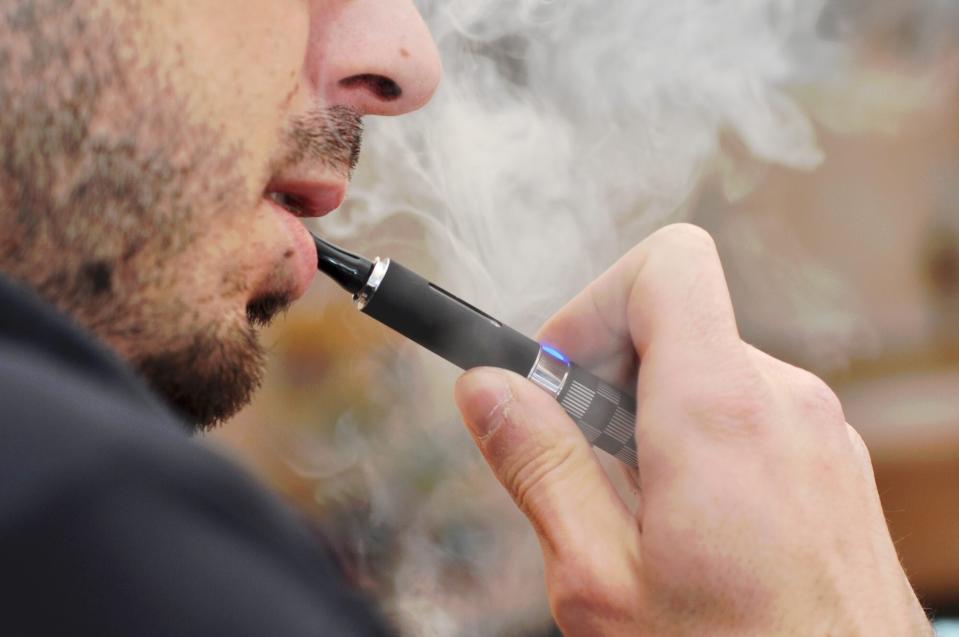FDA Bans Juul E-Cigarettes After Increase In Teen Vaping
The U.S. Food and Drug Administration ordered Juul to pull their e-cigarettes from the U.S. market on Thursday, delivering a harsh blow to the already embattled brand.
"Today, [Thursday] the U.S. Food and Drug Administration issued marketing denial orders (MDOs) to Juul Labs Inc. for all of their products currently marketed in the United States," the FDA said in a statement. "The company must stop selling and distributing these products... [and,] in addition, those currently on the U.S. market must be removed."

Getty
The affected products include Juul's vaping device and their tobacco- and menthol-flavored cartridges. Per the FDA, sale of these products must cease immediately. If not, further action could be taken.
The reasoning behind the decision is varied and complex. The FDA noted that Juul may have played a "disproportionate" role in the rise in teen vaping. Questions also remained. According to the FDA, Juul's research included "insufficient and conflicting data."
"Juul had the opportunity to provide evidence demonstrating that the marketing of their products meets these [certain] standards," Michele Mital, acting director of the FDA's tobacco center, said in the statement. "However, the company did not provide that evidence and instead left us with significant questions. Without the data needed to determine relevant health risks, the FDA is issuing these marketing denial orders."
The American Lung Association said Thursday's decision was "long overdue and most welcome," citing Juul for feeding into the rise of youth vaping. Many parents, politicians, and anti-tobacco advocates were also pleased with the outcome. Juul, however, disagrees with the FDA's findings and stated that they will seek to put the ban on hold, pending a potential appeal.
E-cigarettes have been around for some time. First introduced more than a decade ago, the smoking device was seen as a less dangerous and addictive nicotine alternative. However, studies have proved inconclusive. Data shows e-cigarettes still contain harmful chemicals. What's more, there is also competing data about whether these devices actually help people quit—which is why they were developed in the first place.
Juul, in particular, came under fire in 2018 when their fruit-flavored cartridges became popular among middle and high school students. In 2019, the company was forced to stop producing said flavors, and Juul faced (and still faces) a slew of federal and state investigations, mainly into its early marketing practices.
For more information about the FDA's decision and/or for help quitting, visit the U.S. Food and Drug Administration's website.

